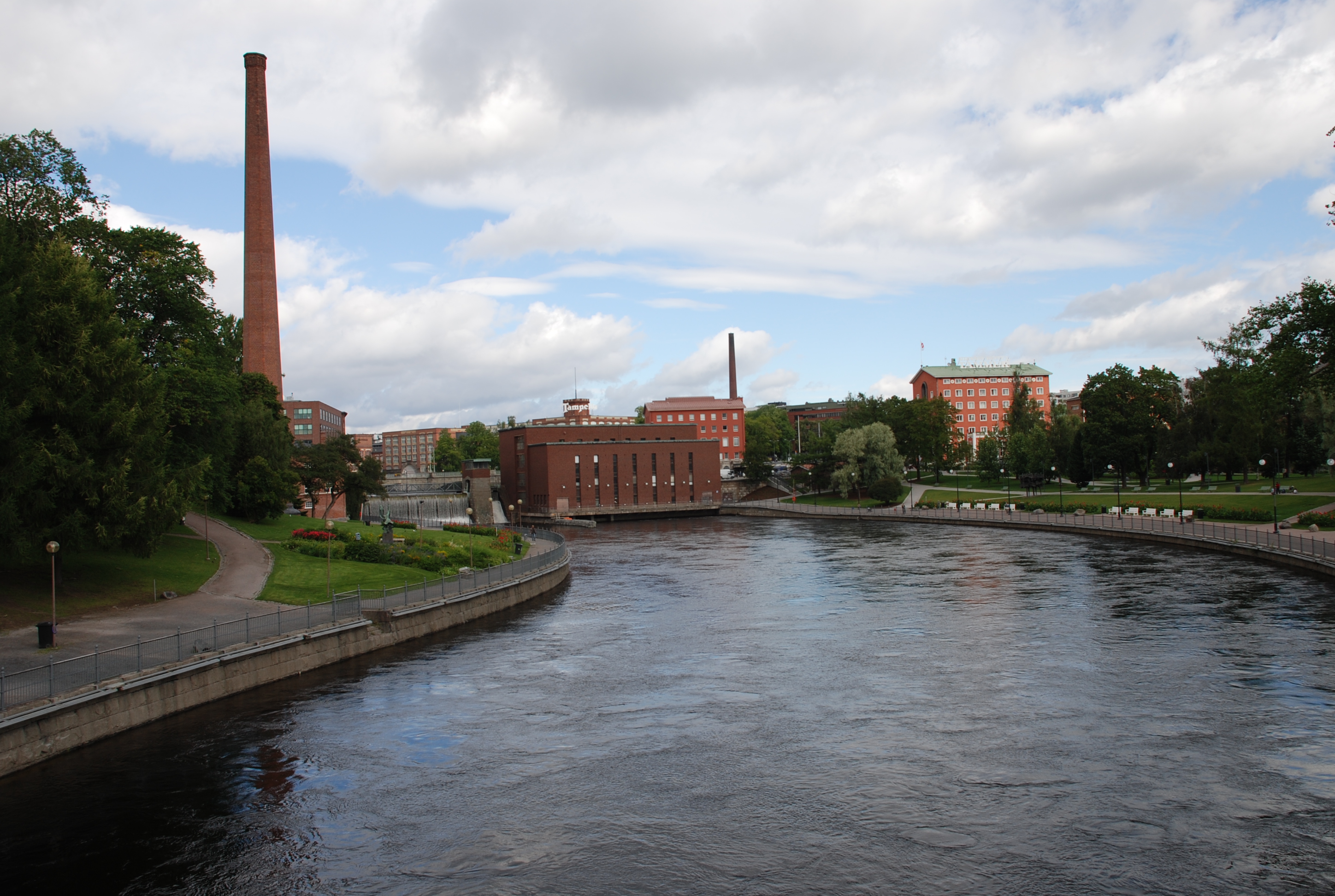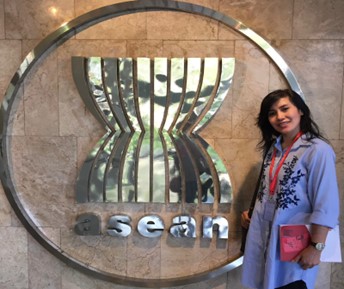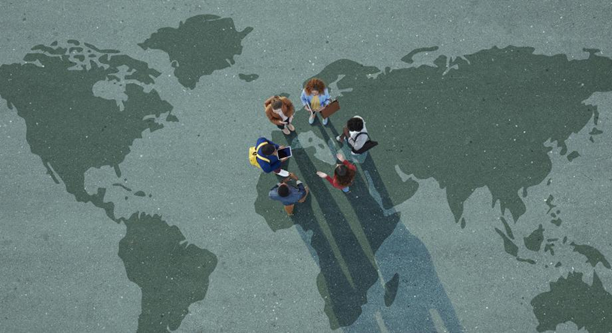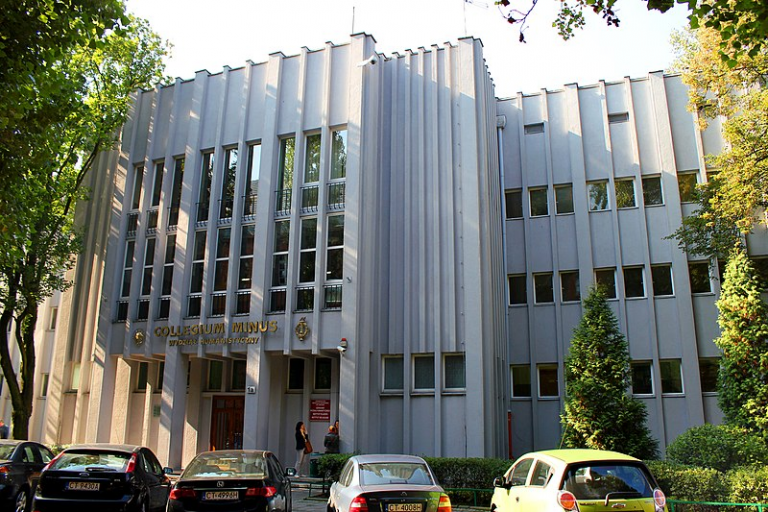There has been an increasing emphasis on the importance of generating academic knowledge that achieves broader impact and creates social value. Both public and private funders are eager to support research that brings together academic and non-academic collaborators, engages the public, and generates research outcomes that are relevant in the real world.
This trend is both global and local. At University of Tampere, for instance, Rector Liisa Laakso formed a committee consisting of researchers from different fields to establish some agreement on how we should increase and measure societal impact. Describing well how academic knowledge is often inaccessible to non-academics—those who should ideally benefit from it—the committee’s report was titled “Making invisible visible” (in Finnish, Näkymättömästä näkyvää).
A key challenge is that academics have different understandings of what societal impact could mean in the context of their disciplines and research topics. Take for example a geneticist studying cancer-causing genetic changes and a cultural anthropologist examining the ways in which people remember conflict and war. The former study has the potential to improve healthcare practices and save lives, whereas the latter could lead to a more humane understanding of war. Both studies produce knowledge that is valuable for the society, but it doesn’t make sense to measure and compare their impact using similar metrics.
Relatedly, researchers’ views vary on whether the societal impact trend is something we should even be concerned about. This is especially true when impact is assessed using quantitative measurements (Belfiore, 2015). Many fear that the pressure to generate societal impact will limit academic freedom or be used to assess performance and career advancement.
Organizational detectives solving real world problems
As an organizational ethnographer, who relies on longitudinal research designs and close contact with informants, I myself have sometimes had a difficult time imagining the broader impact of my work. Defining himself as an organizational detective, Goodal (1994) talks about the difficult task of translating cultural understandings from one organizational context to another. First, empirical findings are often so context- and time-dependent that abstracting generalizable knowledge seems impossible. Second, data collection, analysis, and the process of academic publishing create a time lag between an organization’s real world problem and a solution that a researcher is able to provide. By the time the researcher is ready to give an assessment of the specific problem, the organization has moved on to the next one.
Recently, I had to re-evaluate my perspective on these issues. I published an article in Science, Technology, & Human Values on a case of departmental splitting in an American anthropology department (Mäkinen, 2018). Getting the research published took a lot of time and included several exchanges with the editor and the peer reviewers regarding what kind of new theory could be developed from the case. The process of developing new theory distanced me from thinking about the project’s potential real world impact. When the paper finally came out, I wanted to move on to the next piece of writing.
That’s when a friend of mine, a Dean of an American Business School, contacted me asking if I could lead a professional workshop for the department chairs in his university. The department chairs had been asking for a session on how to manage interpersonal conflicts among members of their departments. Both the Dean and the Provost felt that I could provide insights to this question based on what I had learned from my project on departmental splitting. At first I hesitated. Leading a professional workshop felt like a job for an organizational consultant, which I am not. If the department chairs needed practical advice on how to manage conflict among academics, the boundary theory I had developed was not going to be helpful.
After some thought, I came to the conclusion that we don’t learn new skills by staying in our comfort zones and so, I agreed to lead the workshop. Instead of preparing the traditional 45-minute academic presentation, I put together a session that covered what’s known about the work of department chairs, the challenges they face, and practices they can use to address them. My ideas about conflict management, which by now were likely to be irrelevant for the department I had initially studied, were new and valuable observations for the department chairs.
Lessons learned
For me the lesson from transitioning from an academic study to giving managerial advice was that organizational ethnographies can have a real world impact. Despite the fact that findings from organizational ethnographies are in many ways context- and time-dependent, there are multiple stakeholders that can find them relevant. After all, organizations face similar kinds of problems across contexts and there is much to be learned from their varied attempts to solve them.
References
Belfiore, Eleonora (2015): ‘Impact’, ‘value’ and ‘bad economics’: Making sense of the problem of value in the arts and humanities. Arts and Humanities in Higher Education, 14(1), 95–110.
Goodal, H. Loyd Jr. (1994): Casing a promised land: The autobiography of an organizational detective as cultural ethnographer. Southern Illinois University Press.
Mäkinen, Elina (2018): Action in the space between: From latent to active boundaries. Science, Technology, & Human Values, 43(2), 349–374.
Read more:
The Alchemy of Davos
The Quarter Decade of the Refugee Crisis and the CEAS reform





Kommentit